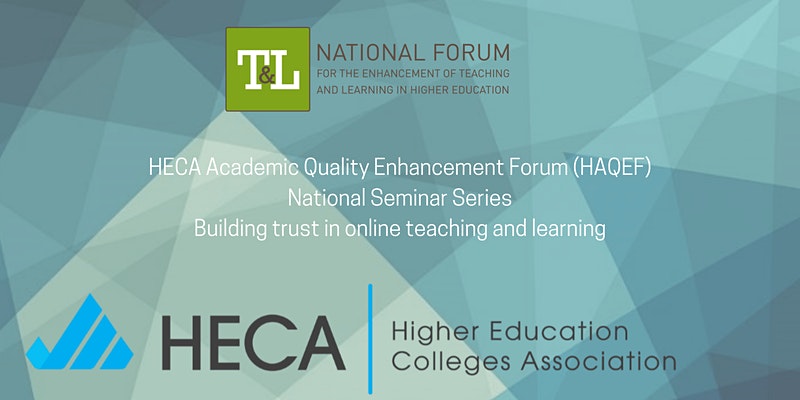As online teaching and learning continue to play an increasingly prominent role in education, the establishment of trust is paramount. Building trust in the virtual classroom is not only essential for effective communication but also for fostering a positive learning environment.
Strategies for educators to cultivate trust among students and create a foundation for successful online education include:
- Clear Communication:
- Establish clear and transparent communication channels from the outset.
- Clearly articulate expectations, guidelines, and course policies, ensuring students have a comprehensive understanding of what to expect.
- Consistency in Expectations:
- Maintain consistency in the delivery of materials, assessments, and deadlines.
- Consistent and predictable communication helps build a sense of reliability and fosters trust among students.
- Accessibility and Availability:
- Demonstrate accessibility by promptly responding to emails, messages, and inquiries.
- Clearly communicate virtual office hours, providing students with opportunities for real-time interaction.
- Personalized Engagement:
- Get to know your students on a personal level to create a sense of connection.
- Personalize interactions, addressing students by name and acknowledging their individual contributions.
- Establishing a Sense of Community:
- Foster a virtual community where students feel connected to both the instructor and their peers.
- Utilize online forums, discussion boards, or collaborative projects to encourage interaction.
- Fair and Transparent Evaluation:
- Clearly communicate assessment criteria and grading methodologies.
- Provide timely and constructive feedback to demonstrate fairness in evaluation.
- Setting Realistic Expectations:
- Clearly outline the workload, expectations, and objectives of the course.
- Setting realistic expectations helps build trust by ensuring students are aware of the demands and challenges.
- Technology Proficiency Support:
- Offer support for students who may be less familiar with online learning technologies.
- Providing resources and tutorials can empower students and build confidence in their ability to navigate virtual platforms.
- Empathy and Flexibility:
- Demonstrate empathy and flexibility, understanding the diverse challenges students may face.
- Flexibility in deadlines and assignments can help accommodate individual needs and build trust.
- Collaborative Decision-Making:
- Involve students in decision-making processes when possible.
- Seeking student input on course structure or assessment methods fosters a sense of ownership and mutual respect.
- Model Integrity:
- Model academic integrity and ethical behavior.
- Demonstrating honesty and integrity sets a standard for students and reinforces the importance of trust in the learning community.
- Professional Development for Educators:
- Continuous professional development for educators in online teaching methodologies is crucial.
- Equipping educators with the skills and knowledge to navigate the virtual classroom instills confidence and trust.
HECA’s Academic Quality Enhancement Forum is hosting a lunchtime National Forum Seminar on October 8th called “Building trust in online teaching and learning”.
Join the lunchtime seminar on October 8th to discuss the importance of trust, and how it can be cultivated, in the online learning environment. Registration is open now.
Speakers
- Dr Siobhan Doyle, St Nicholas Montessori College of Ireland- Ethics and Integrity in the Online World
- Dr Deirdre Stritch, QQI- QA frameworks facilitating trust
- Dr Fiona O’Riordan, Teaching Enhancement Unit at DCU- Academic integrity and assessment
- Oisín Hassan, NStEP- Building student trust through student partnership
Established in 1991, the Higher Education Colleges Association (HECA) is the representative body of Ireland’s independent higher education sector. HECA serves as a representative voice for thirteen established and state accredited privately funded providers of higher education, advocating on behalf of and supporting its members in achieving their strategic goals.












Comments